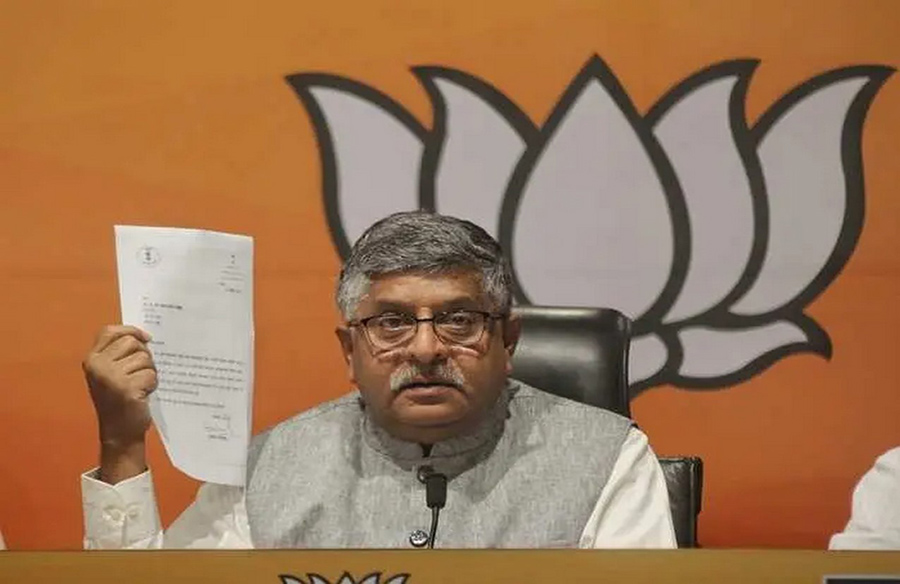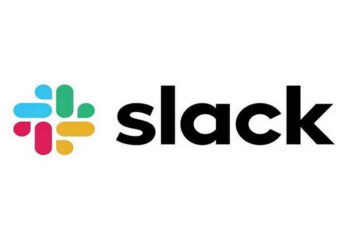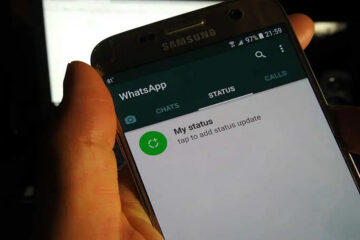Twitter’s Temporary Lockout of Ravi Shankar Prasad

Twitter recently made headlines when it temporarily locked out the personal account of Ravi Shankar Prasad, a prominent Indian union minister known for his involvement in the country’s latest Information Technology (IT) rules. Let’s delve into the details of this incident and the broader context surrounding it.
Lockout Incident
The microblogging platform took action against Minister Prasad’s account due to alleged violations of copyright law. This move resulted in him being unable to access his account for nearly an hour before it was reinstated. Prasad himself took to Twitter to express his experience, highlighting the issues surrounding the Digital Millennium Copyright Act (DMCA) of the USA, under which copyright infringement claims can lead to account suspensions.
Conflict with IT Rules
Prasad emphasized that Twitter’s actions were in direct contradiction to India’s IT (Intermediary Guidelines and Digital Media Ethics Code) Rules of 2021, which were introduced earlier in the year. These rules grant the Indian government more regulatory control over various digital platforms, including social media and OTT (over-the-top) services.
Compliance Challenges
While Twitter has shown a willingness to comply with the amended IT rules, it has yet to fully implement them. The platform appointed a temporary grievance officer in India but has faced challenges in aligning with certain aspects of the regulations. Similarly, WhatsApp, another major player in the digital space, has raised concerns and even sued the Indian government over privacy-related clauses within the rules.
Industry Response
Both Twitter and WhatsApp have voiced their reservations about certain provisions in the IT rules, citing potential impacts on user privacy and free expression. Twitter, in particular, has sought an extension to comply with the regulations and has engaged in ongoing discussions with Indian authorities to address these concerns collaboratively.
Safe Harbour Concerns
Under Indian law, social media platforms benefit from a safe harbour provision outlined in Section 79 of the IT Act of 2000. This provision grants them intermediary status rather than content owners, offering certain legal protections. However, non-compliance with the IT rules could jeopardize this safe harbour status, leading to potential legal ramifications for these platforms.
In conclusion, the temporary lockout of Ravi Shankar Prasad’s Twitter account underscores the complexities and challenges faced by digital platforms in navigating regulatory frameworks while balancing user rights and legal obligations. The ongoing dialogue between industry stakeholders and government entities remains crucial in shaping a regulatory environment that promotes both innovation and public interest.












